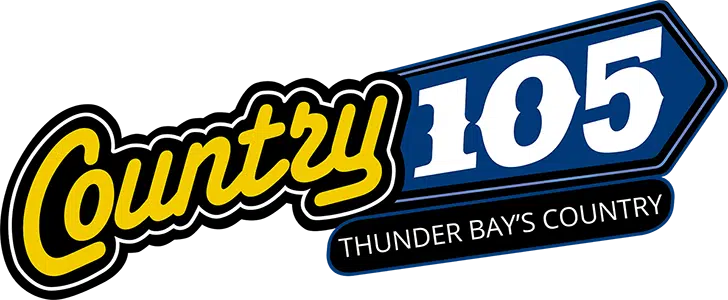City Council is set to be a lame duck, and no there aren’t any injured fowl involved. It is in fact an actual political term.
According to Merriam-Webster the term lame duck is “an elected official or group continuing to hold political office during the period between the election and the inauguration of a successor”
Taking at look at Section 275 of the Municipal Act, 2001 a “lame duck” is if the new city council will include less than three-quarters of the members of the outgoing council.
For Thunder Bay, the case is true which means that five of the 13 spots on council will need to be filled, thus putting them in a lame duck position.
At 2pm today, nominations will close for those interested in running for the municipal election. City Council will be in a lame duck position from Aug. 19 to Nov. 14 and, or from the final voting day on Oct. 24 to Nov. 15 as that’s when the current council ends its term.
During an election year, provincial law strips a council of certain powers in the event that there will be a material change in its membership prior to the next election. There are certain things that City Council cannot due when in a lame duck situation.
During a lame duck period, council is restricted from:
-
Appointing or removing from office any officer of the municipality (i.e., the Chief Administrative Officer, the Clerk, or the Treasurer);
-
The hiring or dismissal of any employee of the municipality;
-
The disposition (sale) of any real or personal property of the municipality which has a value exceeding $50,000 at the time of disposal; and
-
Making expenditures or incurring any other liability which exceeds $50,000.
These restrictions in place to limit the decision making to people who will be accountable to the community, and so outgoing council members don’t make choices that would hinder the incoming councillors.




